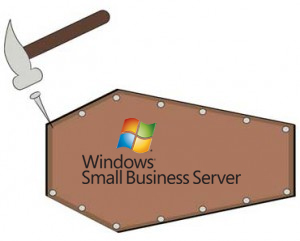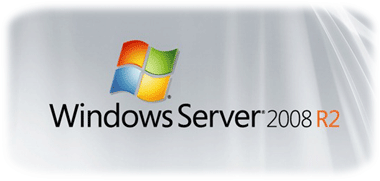
Is your company still working on Windows Small Business Server 2003 (Windows 2003)? If so you should be discussing with your IT provider or your IT Services group or they should definitely be talking to you about the approaching end of support (July 2015). If you aren’t already getting ready for the switch, your business is cutting it really really close.
Here are 10 reasons you should upgrade your 2003 Server today…. Or as soon as possible.

 As of July 2014, there were 12 million physical servers worldwide still running Windows Server 2003. According to
As of July 2014, there were 12 million physical servers worldwide still running Windows Server 2003. According to  This software update may have been introduced almost two years ago, but it is still quite important to know about since its first Service Package update came out a few months ago! In late October 2009, software champs Microsoft released Windows Server 2008 R2 and a following service package a year later. Essentially, this program is the Window’s server line of operating systems and was built on Windows NT 6.1 which Windows 7 also uses. As usual, Microsoft has created multiple versions of this software in order to cater to the different users needs. With the seven different editions it is easy to find one that is the right fit, even if you do not want to pay much or are inexperienced with technology. In addition, Windows Server 2008 R2 has new features that give the users more freedom.
This software update may have been introduced almost two years ago, but it is still quite important to know about since its first Service Package update came out a few months ago! In late October 2009, software champs Microsoft released Windows Server 2008 R2 and a following service package a year later. Essentially, this program is the Window’s server line of operating systems and was built on Windows NT 6.1 which Windows 7 also uses. As usual, Microsoft has created multiple versions of this software in order to cater to the different users needs. With the seven different editions it is easy to find one that is the right fit, even if you do not want to pay much or are inexperienced with technology. In addition, Windows Server 2008 R2 has new features that give the users more freedom.